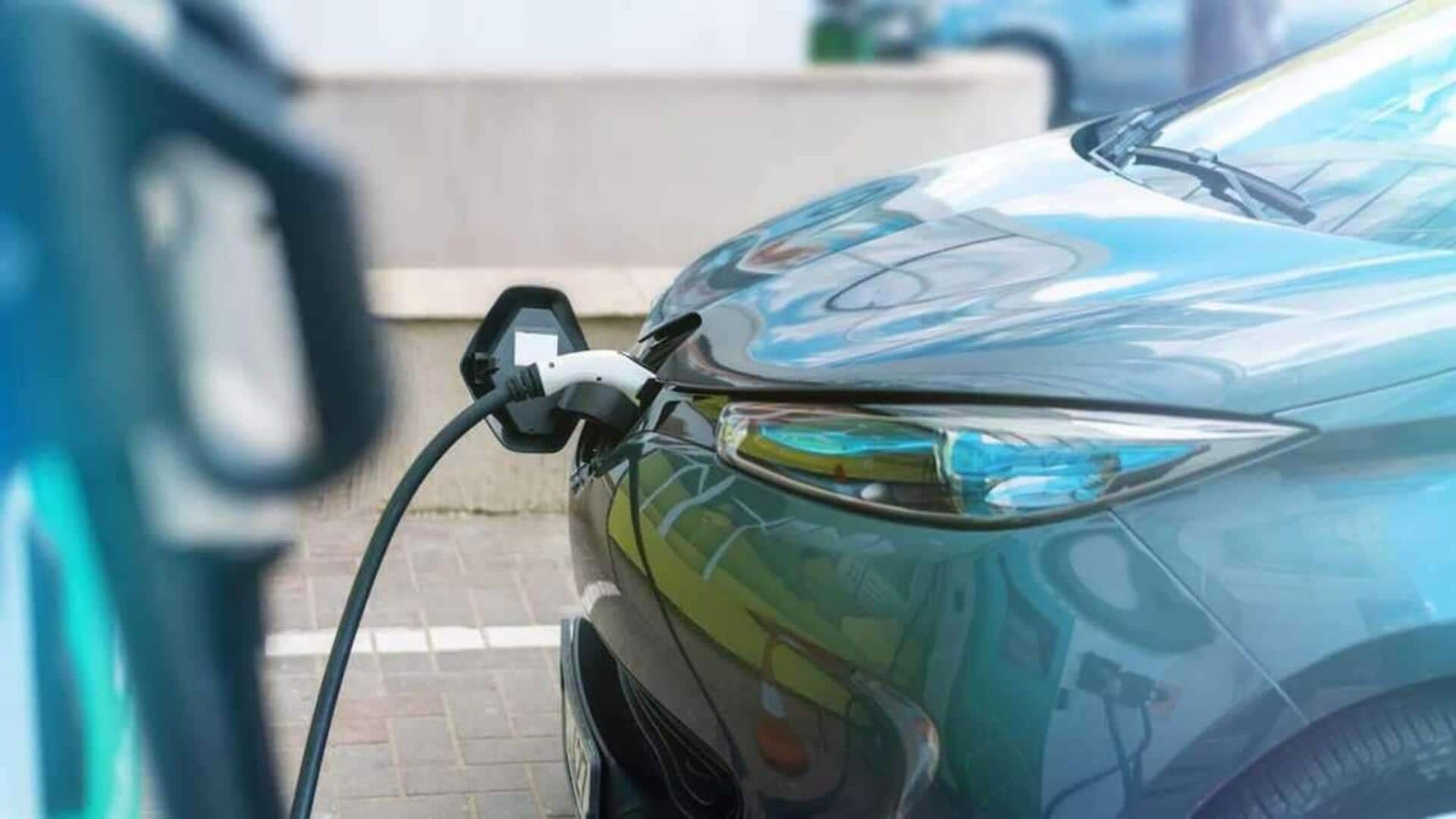
BIS unveils two new safety and quality standards for EVs
What's the story
The Bureau of Indian Standards (BIS) has introduced two new standards, IS 18590: 2024 and IS 18606:2024, aimed at improving the safety and quality of electric vehicles (EVs) in India. These standards are designed to address the powertrain, a critical component of electric vehicles. According to BIS, the new standards will ensure that EV powertrains in the country meet stringent safety requirements.
Battery focus
Aim to enhance battery performance
In addition to the powertrain, the new standards also focus on the safety and performance of batteries in EVs. The aim is to ensure that these batteries are both robust and secure at the same time. The standards cover a wide range of aspects from construction to functionality, with an emphasis on ensuring the safety of EV drivers and passengers.
Information
BIS targets popular electric vehicle categories
The new regulations introduced by BIS are aimed at EVs in the L, M, and N categories. This move comes as e-rickshaws and e-karts are gaining popularity. BIS has specifically designed the standards for such types of vehicles to ensure their reliability and performance.
Safety concerns
Standards introduced in response to recent concerns
The introduction of these new standards by BIS is a response to growing concerns about the safety of battery packs and other components in EVs. This follows multiple fire incidents involving EVs across various regions of India in recent years. In many cases, faulty battery packs or designs were identified as the cause of these incidents.
Information
BIS now holds 30 standards for EVs
With the introduction of these new standards, BIS now has a total of 30 different Indian Standards dedicated to EVs and their accessories, including EV charging systems. These standards are aimed at driving the transition to a more sustainable, environmentally-friendly, and efficient transportation system.